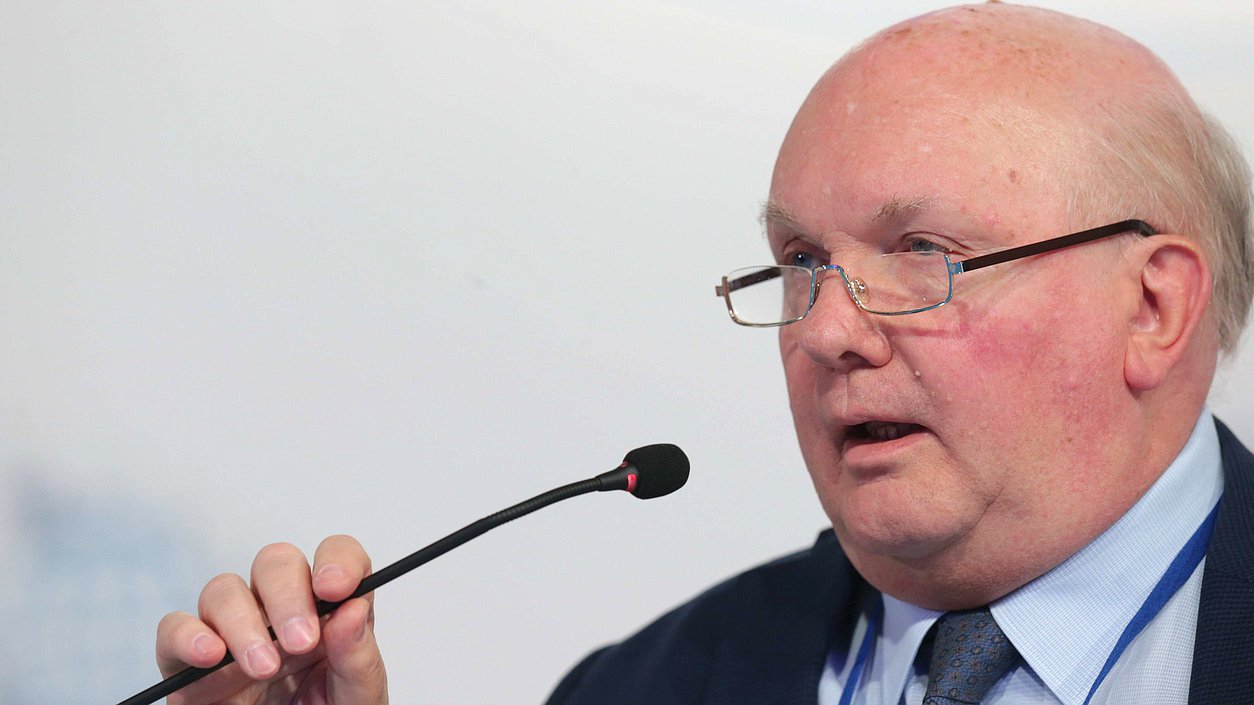
“We have a complex set of problems, which, in terms of terrorist threats, affects primarily the Sahara-Sahel region. In our opinion, the most difficult situation is in Mali. The groups operating in this zone are trying to extend their subversive activities to neighboring countries, such as Burkina Faso, Niger, Mauritania, and Chad. Coordination of activities of such groups with organized and transnational crime often aggravates the already difficult situations,” said Andrey Kemarsky.
He stressed that cooperation in the fight against international terrorism, transnational crime, piracy, drug trafficking are the main priorities in relations with the African continent.
“We stand for the consistent development of diverse cooperation with the African Union and other subregional organizations on the basis of the principle formulated by Africans themselves “African solutions to African problems”,” said the Director of the Department of Africa of the Russian Foreign Ministry.
In addition, Andrey Kemarsky clarified that Russia is ready “for even closer cooperation with African partners within the UN and its Security Council.”
“We highly appreciate the desire of the African Union to the early completion of the formation of the permanent readiness forces established within the framework of the African Peace and Security Architecture. (…) We continue to assist African states in strengthening their national capacity to fight radical groups,” he said.
The Director of the Department of Africa stressed that legislatures should be included in the fight against the terrorist threat.
“We believe that the exchange of experience in creating a regulatory framework relating to all aspects of combating terrorist threats could be one of the main areas of inter-parliamentary interaction. But not the only one. It is also an exchange of experience in the field of social problems, problems of youth, problems of civilization dialogue, interfaith and intercultural relations,” he concluded.
The Forum is held on the initiative of the State Duma on July 1–3. The Forum will also host the Russia-Africa parliamentary conference.
As previously was noted by Chairman of the State Duma Viacheslav Volodin, “this year the number of participants increased significantly — last year there were only 19 speakers [of the national parliaments] at the Forum, this year there are 41. Also, last year only 96 countries participated in the Forum but this year more than 800 parliamentarians and experts from 132 countries came to Moscow.”
